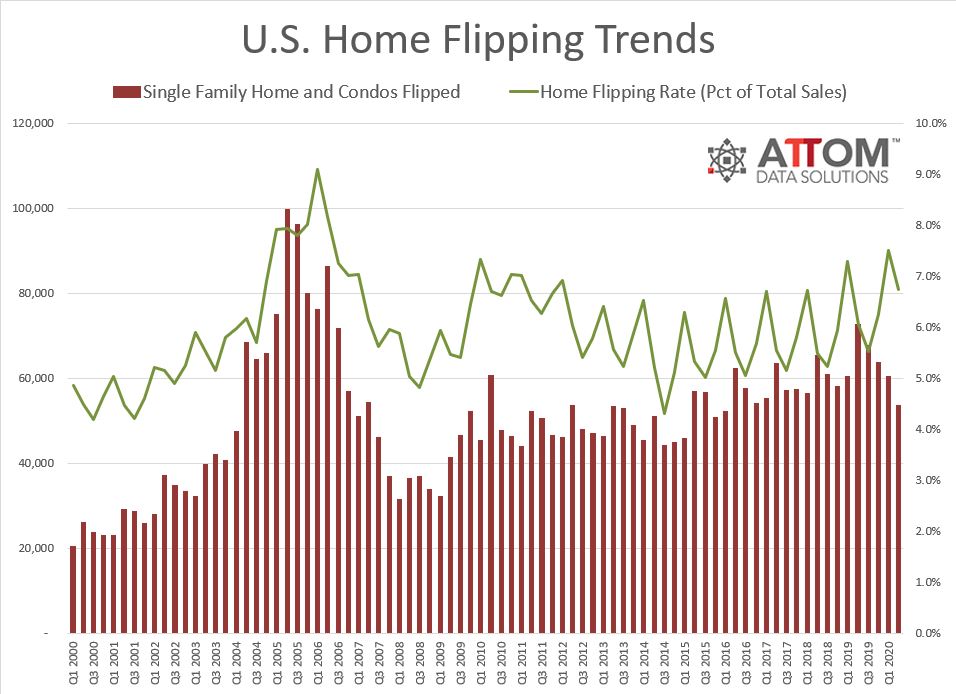Summer is here, and it’s often a bustling time for the rental market, with many tenants looking to move during the warmer months. However, we’ll (sooner than you think) transition into the quieter post-summer season, and maintaining high occupancy levels can become challenging for landlords. Here are some effective strategies to ensure your rental properties remain occupied as the season changes.
1. Offer Flexible Lease Terms
Many tenants are looking for flexibility, especially if they have uncertain plans or are new to an area. Offering lease terms that are shorter or more customizable can make your property more attractive. Consider month-to-month leases or shorter leases of six months, which can cater to those looking for temporary housing solutions or flexibility in their living arrangements.
2. Enhance Your Property’s Appeal
Investing in small improvements can make a big difference in attracting new tenants. Fresh paint, modern fixtures, and updated landscaping can significantly enhance your property’s curb appeal. Additionally, offering amenities such as high-speed internet, in-unit laundry, or smart home features can set your property apart from others on the market.
3. Market to a Broader Audience
Expand your marketing efforts beyond traditional platforms. Utilize social media, local community boards, and online rental websites to reach a wider audience. Consider creating virtual tours of your property, which can attract out-of-town renters or those preferring to house hunt from the comfort of their home.
4. Offer Move-In Specials
Incentives such as a discounted first month’s rent, waiving application fees, or including utilities for a certain period can entice potential tenants. These specials can create a sense of urgency and encourage prospective renters to choose your property over others.
5. Focus on Tenant Retention
Retaining your current tenants can often be easier and more cost-effective than finding new ones. Engage with your tenants and address their concerns promptly. Offering lease renewal incentives or loyalty rewards can encourage them to stay longer. Simple gestures like a small gift or a thank-you note during lease renewal can go a long way in building good relationships with tenants.
6. Keep an Eye on Market Trends
Stay informed about the rental market trends in your area. Adjusting your rent prices to be competitive with similar properties can help you maintain occupancy. However, ensure that any price adjustments are justified by the property’s condition and the amenities offered.
7. Provide Excellent Customer Service
A positive experience can lead to tenants extending their leases or recommending your property to others. Responding quickly to maintenance requests, maintaining open communication, and creating a welcoming environment can enhance tenant satisfaction and reduce turnover.
8. Leverage Referral Programs
Encourage your current tenants to refer friends or family by offering a referral bonus. This can be a win-win situation, as tenants tend to refer people they know will be good neighbors, and you get new tenants without much effort.
Maintaining rental property occupancy during the off-peak seasons can be challenging, but with these strategies, you can keep your properties full and your tenants happy.
At TALK Property Management, we specialize in providing comprehensive property management services that take the stress out of maintaining your rental properties. Whether you need help with marketing, tenant retention, or property maintenance, our team is here to assist you. Contact us today to learn more about how we can help you achieve your rental property goals.



